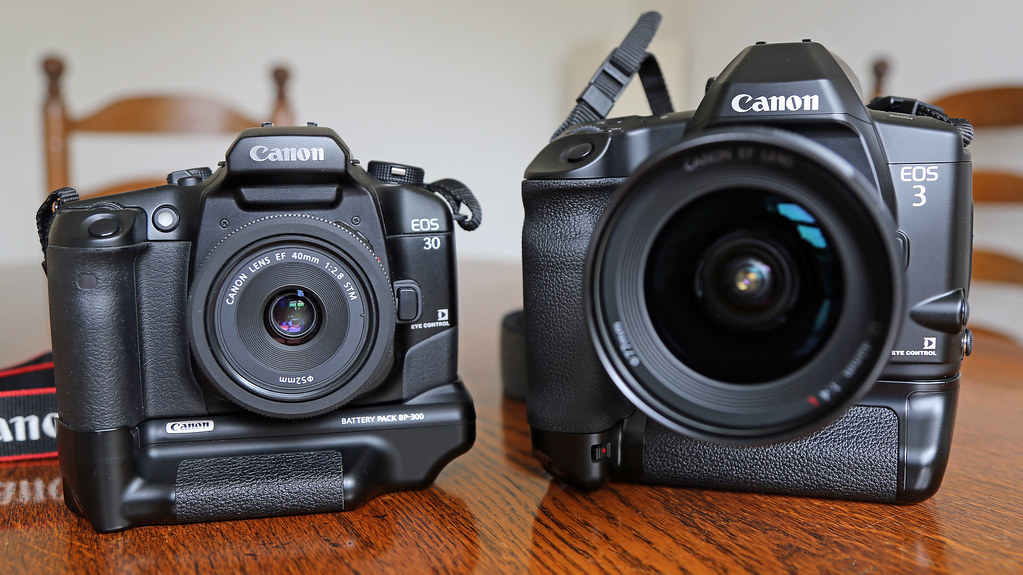- Messages
- 1,701
- Name
- Mark
- Edit My Images
- No
Now I can't remember where I might have read this but basically the article talked about the death of analogue photography not being from film no longer being produced but the cameras themselves. With no new film cameras (well maybe large format) being made and parts becoming harder and harder to source it's this that will kill it.
It might take a good few years but at some point it's bound to happen?
It might take a good few years but at some point it's bound to happen?



 )
)